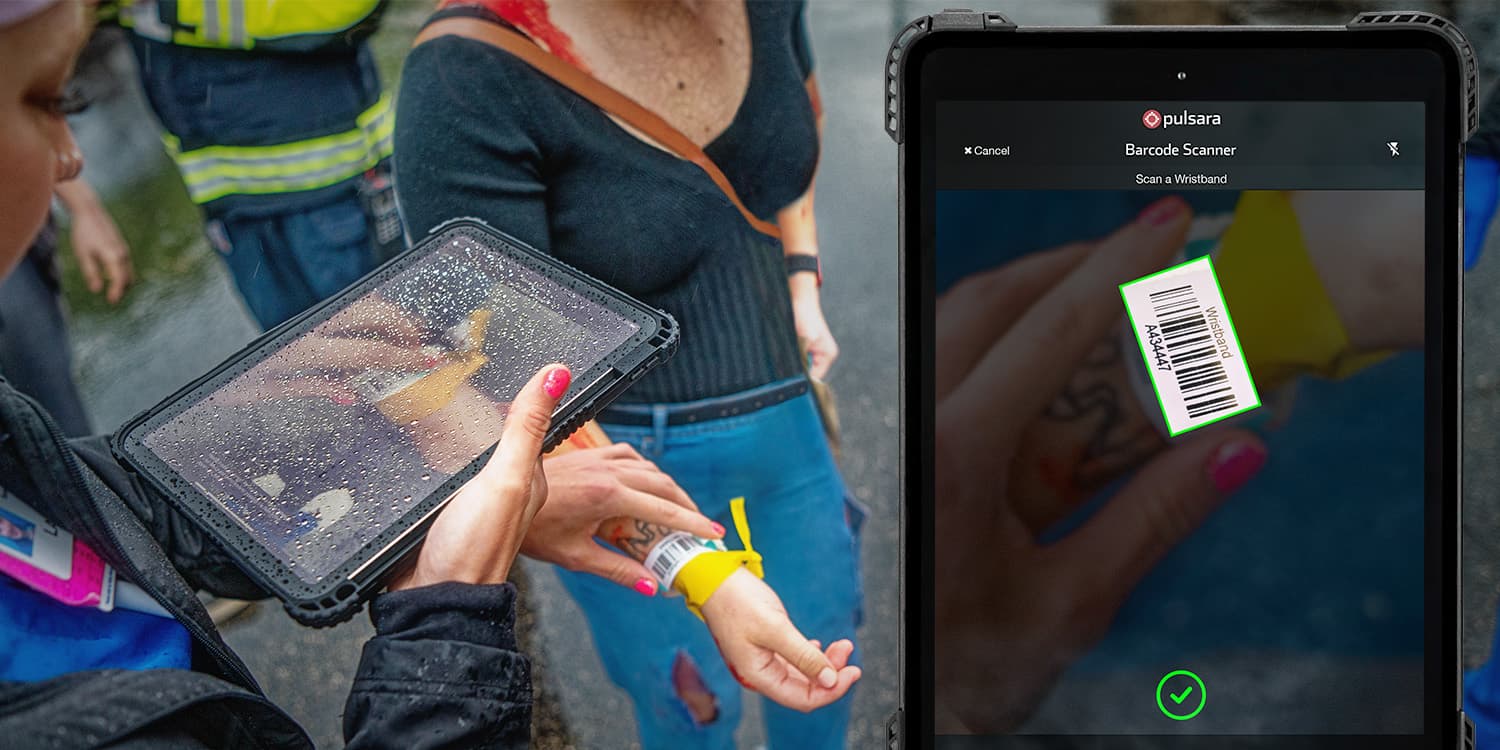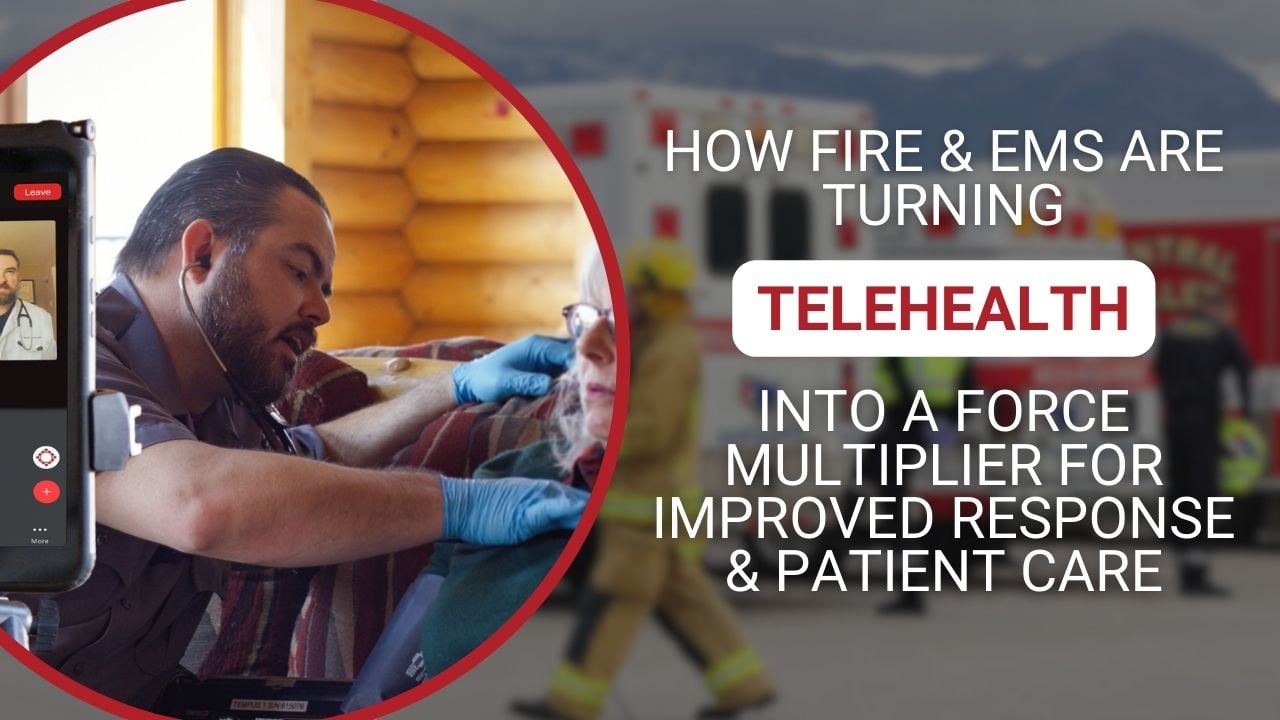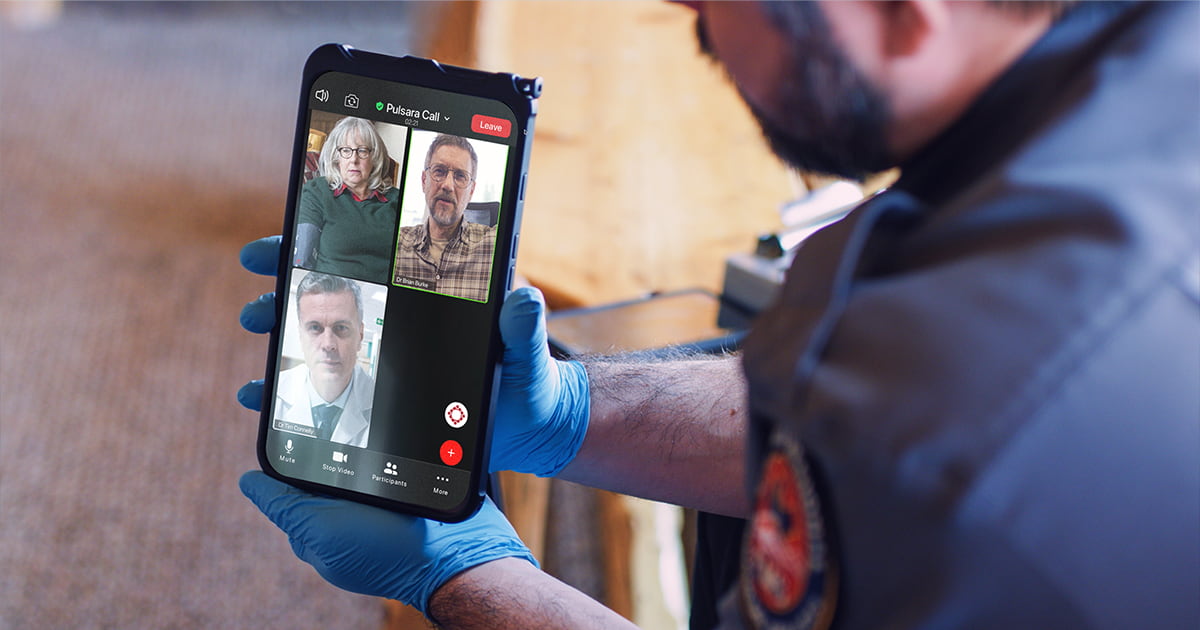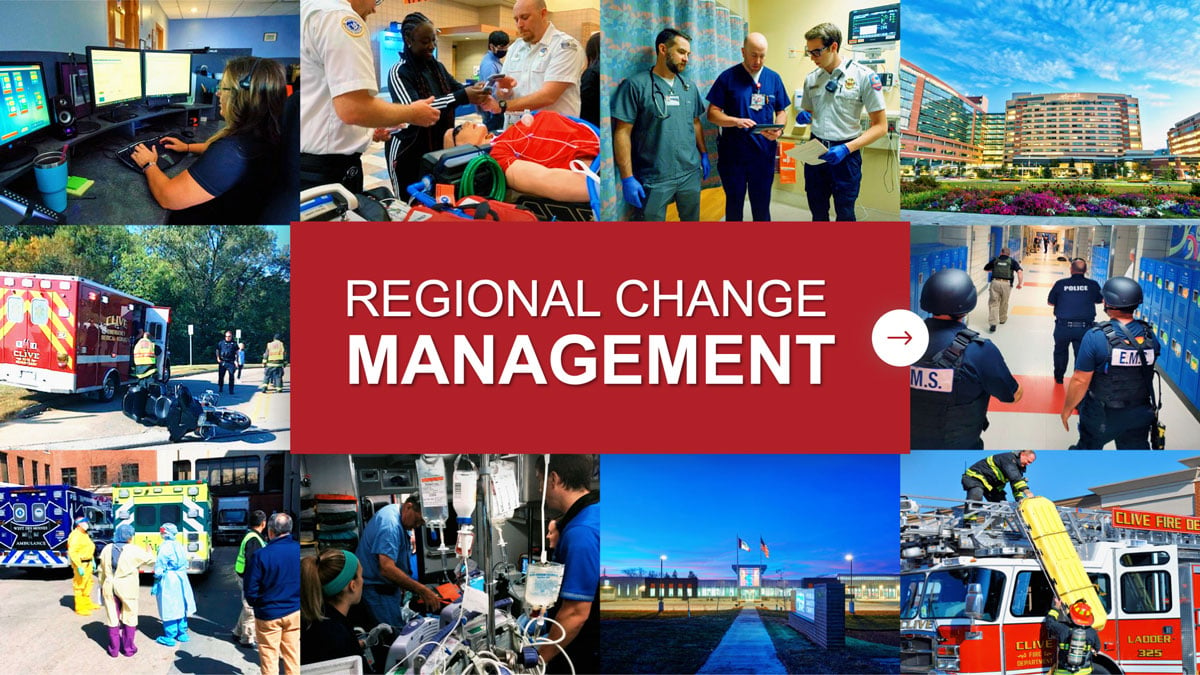
5 min read
4 Ways Networked Communication Builds A System Of Care That Scales
Embracing Modern Technology Will Pave the Way for the Future of EMS Communications On February 15th, the National Association of State EMS Officials...
Read Post
5 min read
Embracing Modern Technology Will Pave the Way for the Future of EMS Communications On February 15th, the National Association of State EMS Officials...
Read Post
2 min read
Arkansas hospital achieves consistent <60 minute average door-to-balloon time for STEMI and 80% decrease in average door-to-CT time for stroke National Park Medical Center (NPMC) is a 163-bed...

10 min read
Prior to the COVID-19 pandemic, Teller County, Colorado, had a successful community paramedicine program in place. But as the pandemic hit the U.S., they knew they'd need to leverage new tools to...

16 min read
Prior to the COVID-19 pandemic, Teller County, Colorado, had a successful community paramedicine program in place. But as the pandemic hit the U.S., they knew they'd need to leverage new tools to...

3 min read
A recent study published in the Medical Journal of Australia shows that longer ambulance offload times are associated with greater 30-day risks of death and ambulance re-attendance for people...

15 min read
Change is hard for everyone. It's difficult enough to enact across a single organization. So what do you do when change is not only necessary but needed across your entire region? These are questions...

6 min read
Change is hard for everyone. Very few people truly enjoy the process of changing the way things have always been done. As a result, establishing a new way of doing things can be an unpopular...